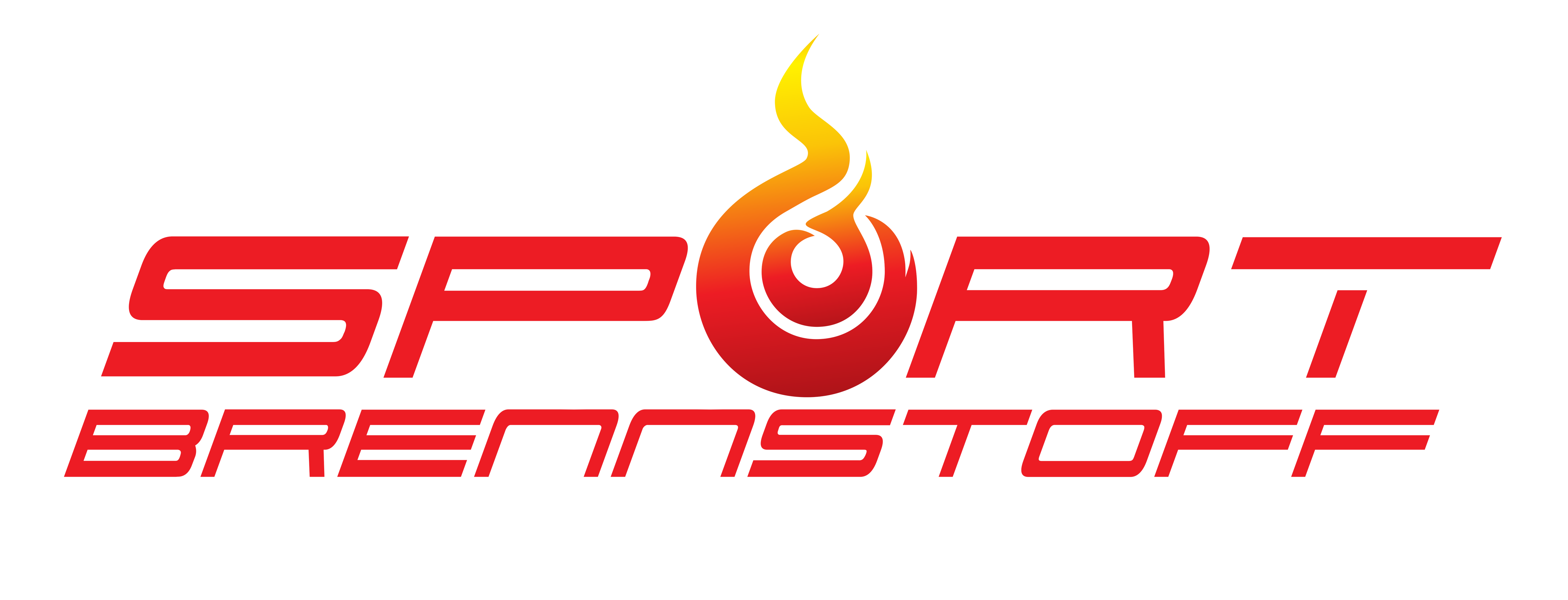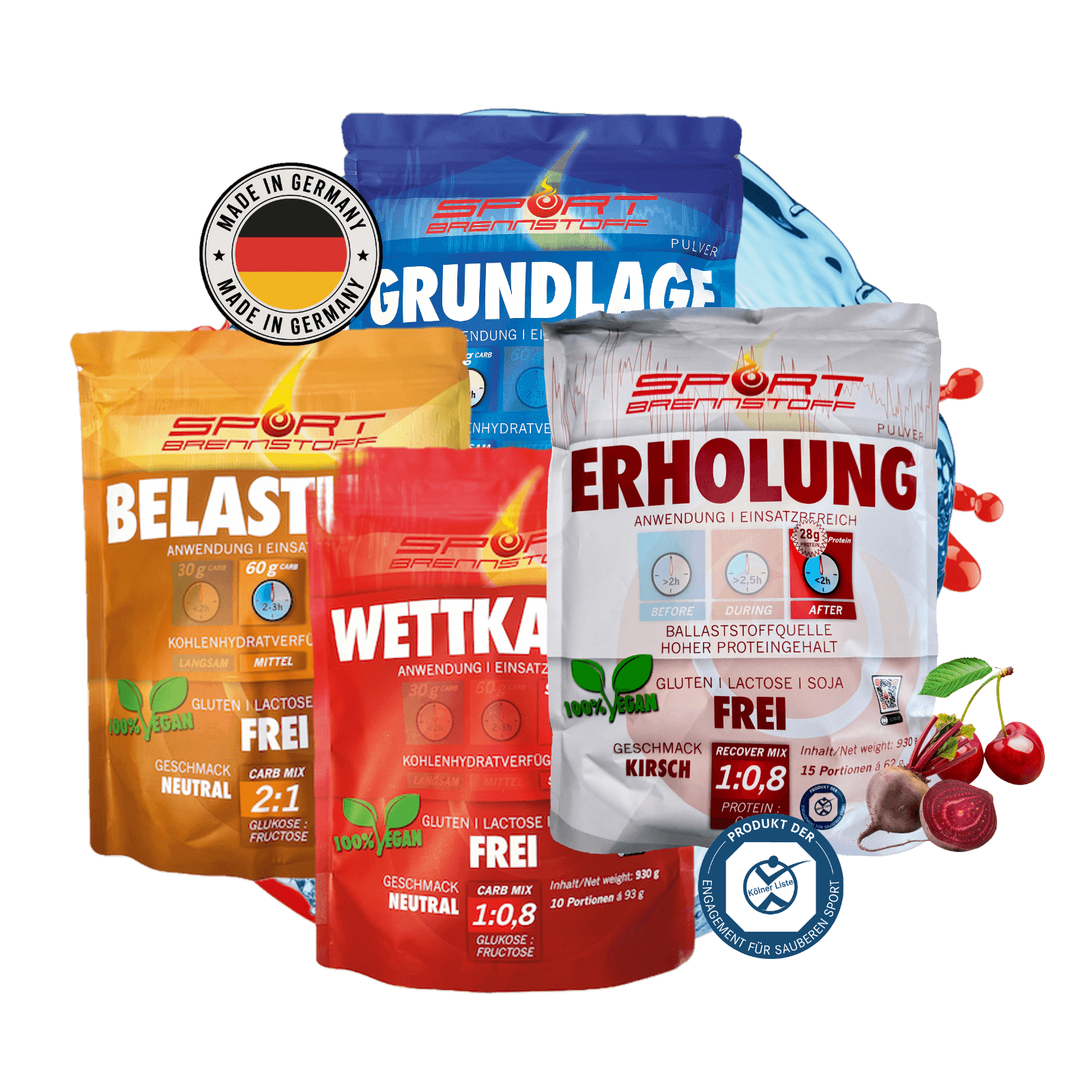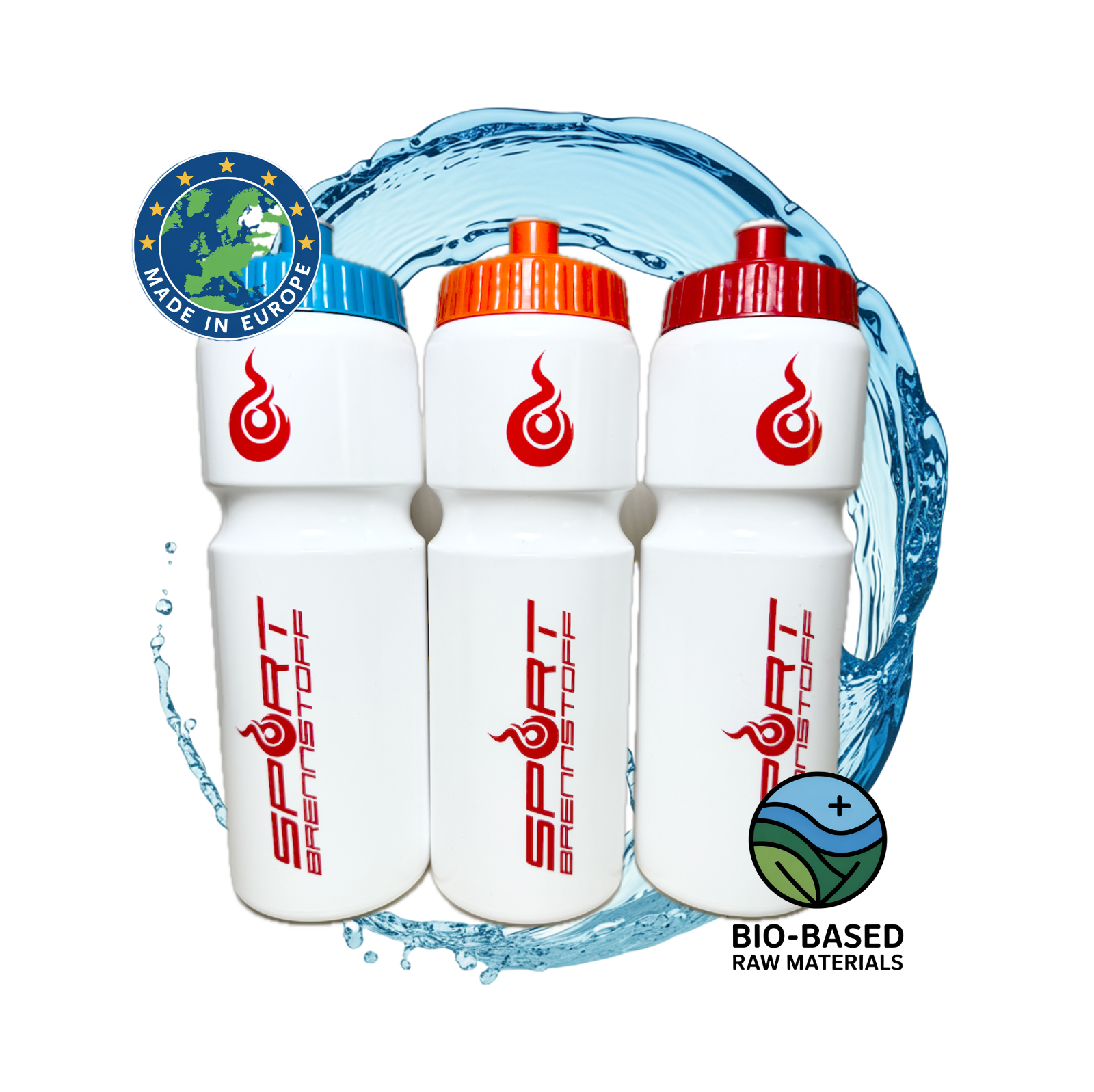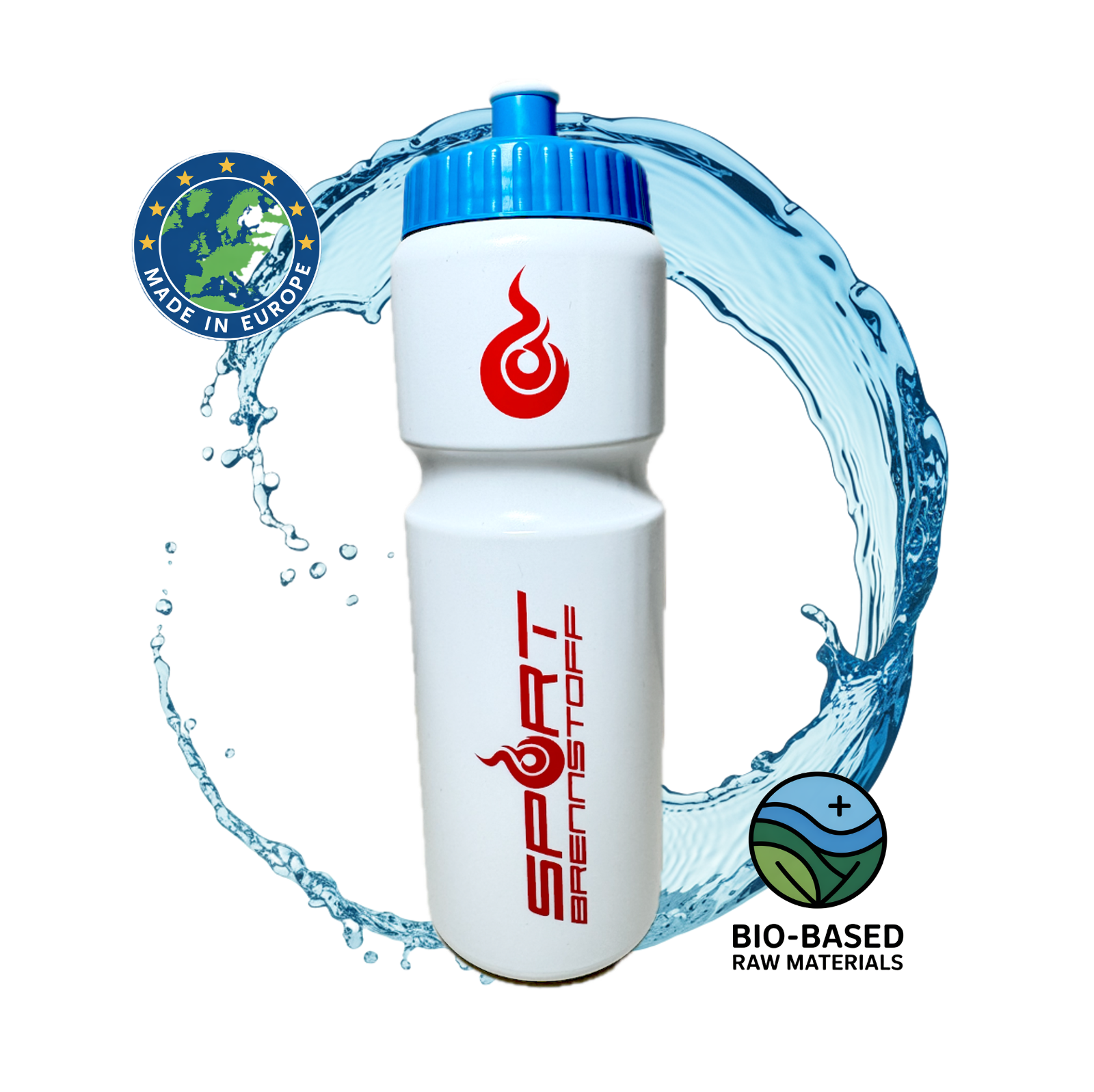
Athletics
Team sports place special demands on sports nutrition due to their intermittent high intensity and varied competition schedules. Below are some important nutritional aspects for team athletes:
- Carbohydrate needs
- Fluid requirements
- Proteins for regeneration
- Timing of food intake
- Adaptation to the competition schedule
Sports Nutrition in Athletics
Sports nutrition in athletics
Before the stress
| 🧆 | High-carbohydrate diet: Glycogen stores should be well replenished before training or competition. 3 to 4 days before intense exertion, approximately 7-10 g of carbohydrates per kg of body weight should be consumed daily. |
| 🥪 | Light meals: It is advisable to eat a light, easily digestible meal 3-4 hours before the start, including during training, to avoid digestive problems. 200-300g of carbohydrates are recommended. |
| 🍼 | Hydration: In the week leading up to the competition, ensure sufficient fluid intake, at least 1.5 liters daily plus 1 liter per hour of sport. |
It is important to consume the light meal before the race/training well in advance. This ensures that it has already been digested and that there are no food residues left in the stomach or small intestine, so as not to impair energy supply during exertion.
During the stress
| 🍼 | Electrolyte drinks are useful for longer periods of exertion or heavy sweating to compensate for the loss of minerals. For sports with breaks and lasting several hours, carbohydrate-rich drinks are advisable. |
| 🧂 | Electrolytes: During longer training sessions or competitions, the intake of electrolytes is important. It is recommended to consume 200-500 mg of sodium per 750 ml of water. |
| 🍞 | Carbohydrates: For activities lasting longer than 60 minutes, carbohydrates should be consumed to maintain energy stores. Aim for approximately 60g to 90g of carbohydrates per hour. Energy bars are not recommended. |
When consuming gels during a race or training session, make sure to drink enough fluids (even during training!). Replenishment every 20 minutes is recommended.
After the stress
| 🍞 | Rapid carbohydrate intake: Glycogen storage in the muscles is most effective in the first two hours after exercise. A carbohydrate-rich meal (approx. 400-500 kcal, 60-70% carbohydrate) should be consumed as soon as possible. Carbohydrate:protein ratio of 3:1. |
| 🍳 | Protein intake: 10-20 grams of protein should be consumed immediately after training or competition to support muscle repair and immune function. The guideline is approximately 0.2g to 0.4g of protein per kg of body weight. |
| 🍼 | Rehydration: Fluid loss should be compensated. Sports drinks or fruit juice spritzes in a 2:1 or 1:1 ratio are recommended. DGE |
| 🧂 | Electrolyte balance: Using drinks with electrolytes promotes optimal rehydration of the muscles. |
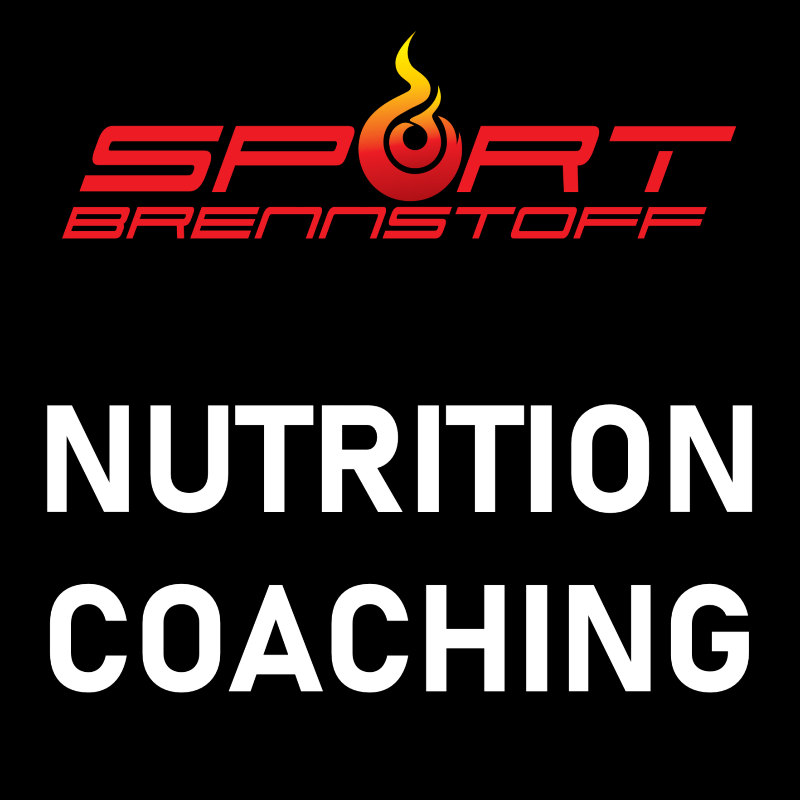
Nutrition Coaching at SportBrennstoff
Our nutrition coaching provides you with personalized nutritional support tailored to your individual goals, training routine, and lifestyle. Whether you want to improve performance, enhance recovery, regulate your weight healthily, or simply increase your energy levels – we will work together to develop a practical nutrition plan that is easy to implement. Through regular feedback sessions and close support, we ensure that you benefit sustainably from your nutrition and achieve your goals with motivation.
TO THE OFFER